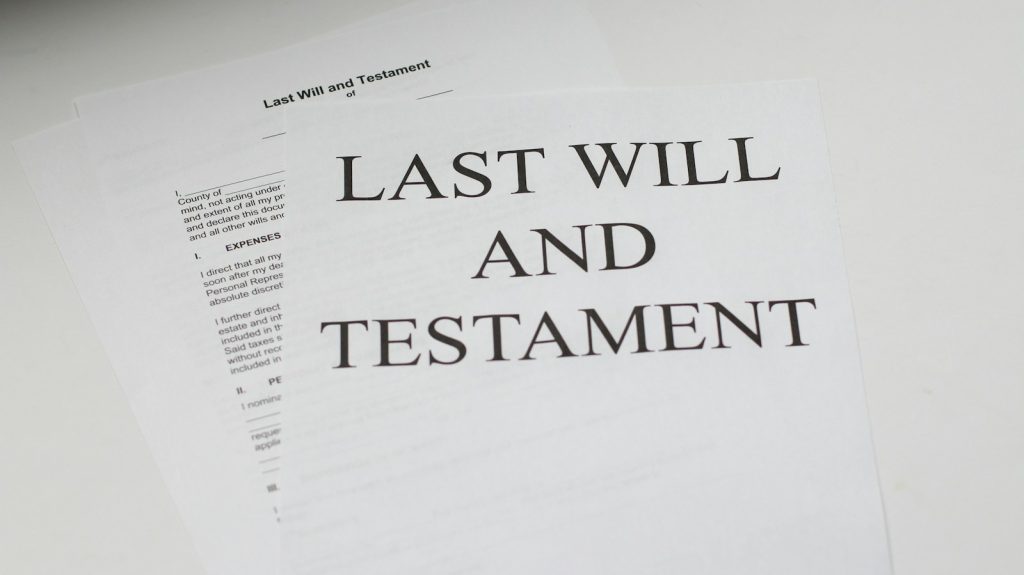 When writing a will in Nigeria, there are important legal requirements to consider regarding how a deceased person’s estate will be handled. The person making the will, known as the testator, can use the document to control their assets after death, protect loved ones’ interests, express final wishes, prevent disputes between heirs, and avoid issues that may arise without a will in place.
When writing a will in Nigeria, there are important legal requirements to consider regarding how a deceased person’s estate will be handled. The person making the will, known as the testator, can use the document to control their assets after death, protect loved ones’ interests, express final wishes, prevent disputes between heirs, and avoid issues that may arise without a will in place.
The laws that govern wills in Nigeria comprise the Wills Act, the wills laws of various states, the Administration of Estate Laws across states, and various judicial decisions.
WHAT IS A WILL?
A will is a legal document that expresses a person’s desires regarding how their possessions should be distributed after their death. For a will to be considered valid, it must adhere to the legal requirements in the jurisdiction where it was created.
REQUIREMENTS OF A VALID WILL IN NIGERIA
To make a valid will in Nigeria, certain conditions and requirements must be met. These are summarised below:
- The testator must be at least 18 years old, of sound mind, free from undue influence or duress, and understand the extent of their property and beneficiaries. The testator’s mental capacity at the time of writing is key, as shown in Okelola v. Boyle (1959).
- The will must be in writing, either handwritten or printed legibly. Oral wills are invalid.
- The testator must sign or direct another to sign in their presence. At least two witnesses must also sign in the testator’s presence.
- The will should be lodged at the probate registry to confirm authenticity, although keeping it with a solicitor is also acceptable until the testator’s death.
- The two required witnesses cannot be beneficiaries, except in special cases like a spouse receiving a joint asset.
- The will must have at least two executors who are adults. The executors can also be beneficiaries.
CONTENTS OF A WILL
The following should be contained in a will:
– The will must contain the full name and address of the testator, who is the author of the will.
– The names and addresses of at least two executors must be included. The executors are responsible for carrying out the distributions according to the testator’s wishes.
– A list of the testator’s assets should be provided, including but not limited to real estate, bank accounts, pension funds, jewellery, vehicles, and investments.
– The beneficiaries who will inherit or benefit from the will must be named, along with details on asset distribution to each beneficiary. This should specify how assets will be divided (equally, jointly, etc.) and the quantity or value of assets each will receive.
– At minimum, the will requires the names, addresses, and occupations of two witnesses.
Writing a will offers many benefits, including allowing the testator to express their wishes, protect their successors, and ensure proper estate management after death.
The information provided in this article aims solely to educate readers generally. it does not establish an attorney-client relationship with our law firm or constitute legal counsel. Please contact us directly for any specific legal assistance required.
